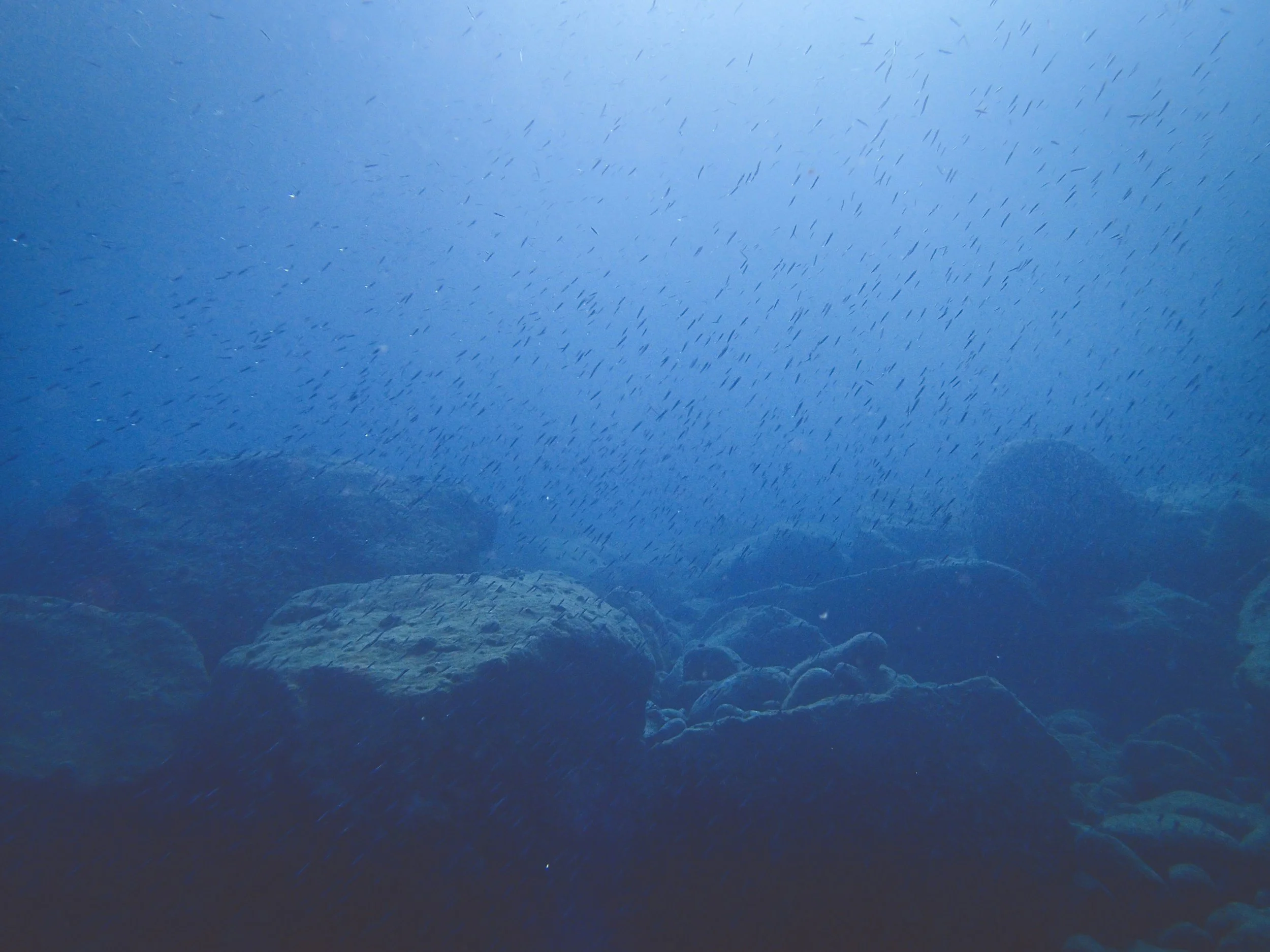Deep-Sea Mining: Beneath the Surface of Policy, Profit, and Planetary Mystery
In the shadowy depths of the ocean, where sunlight dares not tread, lies a treasure trove of minerals—nickel, cobalt, and manganese—vital for the green technologies of tomorrow. But as nations and corporations set their sights on these riches, a storm brews above the waves. The Trump administration has issued an executive order to expedite deep-sea mining permits, bypassing international regulations and igniting a fierce debate over environmental ethics, legal boundaries, and the sanctity of our planet's final frontier.
The Abyssal Gold Rush
The Metals Company, a Canadian mining firm, has applied for a permit to mine the Clarion-Clipperton Zone, a vast expanse of the Pacific Ocean floor rich in polymetallic nodules. These nodules are not just geological curiosities; they are the key to unlocking the next generation of rechargeable batteries. The U.S. government's support for this venture, despite the nation's non-ratification of the United Nations Convention on the Law of the Sea (UNCLOS), raises questions about the sanctity of international agreements and the lengths to which nations will go to secure their economic interests.
The Legal and Environmental Quagmire
Critics argue that this move undermines decades of international cooperation aimed at preserving the ocean's health. The International Seabed Authority (ISA), established under UNCLOS, has been working to develop regulations for deep-sea mining. However, the U.S. bypassing this body could set a dangerous precedent, encouraging other nations to follow suit and potentially leading to a free-for-all in the world's oceans.
Environmentalists warn of the catastrophic consequences of deep-sea mining. The ocean floor is home to ecosystems that are not only fragile but largely unexplored. Disturbing these habitats could lead to irreversible damage, including the loss of species that may hold secrets to medical and scientific advancements. The discovery of "dark oxygen"—a previously unknown process of oxygen production on the seafloor—has only heightened these concerns, suggesting that the ocean's depths are far more complex and vital than previously understood.
The Clash of Ideals
At the heart of this controversy lies a fundamental clash of ideals. On one side, proponents argue that deep-sea mining is essential for securing the minerals needed for clean energy technologies, thus combating climate change and reducing dependence on fossil fuels. On the other side, opponents contend that the potential ecological costs are too great, and that alternative methods, such as recycling and sustainable mining practices, should be pursued instead.
This debate is not just about minerals; it's about the future of our planet. It's about whether we will prioritize short-term economic gains over long-term environmental stewardship. It's about whether we will respect the mysteries of the deep or exploit them for profit.
Into the Abyss
As the world stands on the precipice of this new era of exploration, the question remains: will we venture into the abyss with caution and respect, or will we plunder its depths without regard for the consequences? The decision we make will shape the future of our oceans—and our planet—for generations to come.
